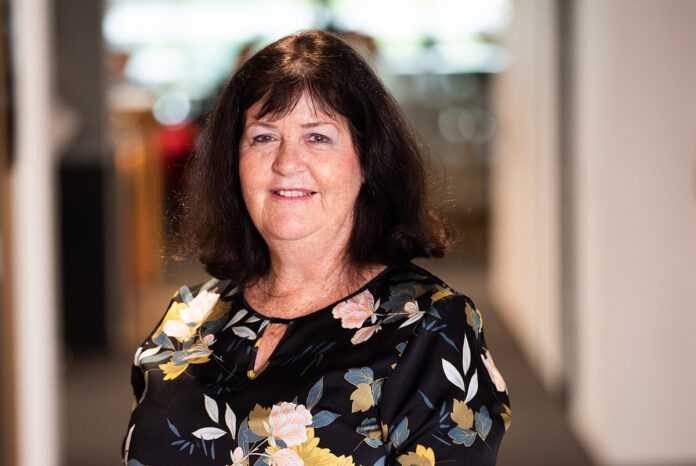Elder abuse is a growing problem in New Zealand, and its true extent remains poorly understood, says Diane Turner, Director for the Office for Seniors.
With the onset of the Covid-19 pandemic, there has been a surge in elder abuse cases around the world, and New Zealand is no exception.
“Lockdowns, social distancing requirements, and pandemic-induced anxiety have created a perfect storm for elder abuse to thrive” Diane says.
Ageism and societal attitudes towards older people contribute to the prevalence of elder abuse. As people age, society often begins to treat them less like adults, increasing the risk of abuse. Those who are more dependent on others, have a history of family violence, or are socially isolated are particularly vulnerable.
Elder abuse is easily hidden
Elder abuse can be hard to recognise and is often hidden. While headlines may focus on scams or extreme cases of neglect, most abuse is more subtle and may even be well-intentioned but misguided. Financial abuse, for example, is especially common but difficult to identify. It can range from stealing cash to withholding an EFTPOS card or making sudden changes to a will or Enduring Power of Attorney.
Up to 96% of elder abuse cases go unreported. Victims may be too afraid or embarrassed to speak out or fear the consequences for themselves or their abusers, who are often family members. This makes it even more crucial for anyone who witnesses something concerning to take action.
Raising awareness
The Office for Seniors is dedicated to raising awareness about elder abuse and promoting the Ministry of Social Development’s Elder Abuse Response Service and its free helpline.
Available 24/7, the helpline provides confidential support and advice on recognising and reporting elder abuse. Callers are connected with a trained coordinator in their region who can help ensure their safety and manage the risk of abuse or neglect.
An intergenerational challenge
Diane says intergenerational support plays a crucial role in preventing elder abuse, fostering understanding and respect.
“When younger people learn to value and appreciate the experiences and wisdom of older adults, they are more likely to treat them with dignity and care” says Diane.
“We need to break down ageist stereotypes and challenge cultural norms that may contribute to the normalisation of abusive behaviours,” Diane says.
Grey Power’s advocacy
Turner says Grey Power has long played an important, ongoing role in helping to tackle abuse.
“The Grey Power community plays a vital role in raising awareness about elder abuse and promoting the EARS helpline. By sharing information and resources on social media platforms like Facebook, Grey Power members can help us reach a wider audience and encourage more people to take action”.
As advocates for older New Zealanders, Grey Power members can also contribute to the fight against elder abuse by engaging in community events, attending workshops, and participating in policy discussions.
“By staying informed and actively involved, you can help ensure that the voices of older adults are heard and their needs are addressed” Diane says.
Getting help
If you or someone you know is experiencing abuse, or if you have concerns, please call 0800 32 668 65. You can also text 5032 or email support@elderabuse.nz.
For more information on elder abuse, including the signs to watch for, visit the Office for Seniors website at officeforseniors.govt.nz


